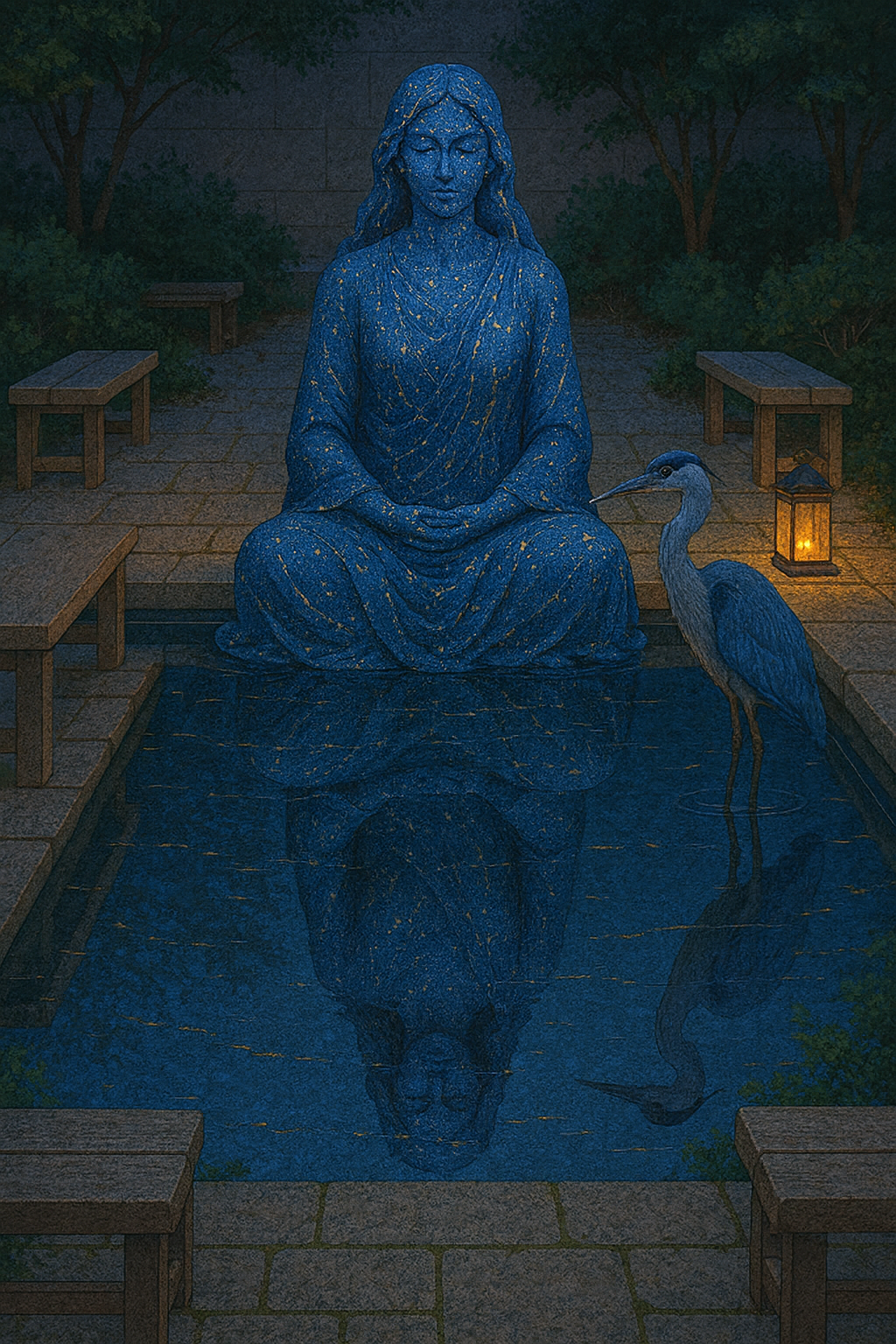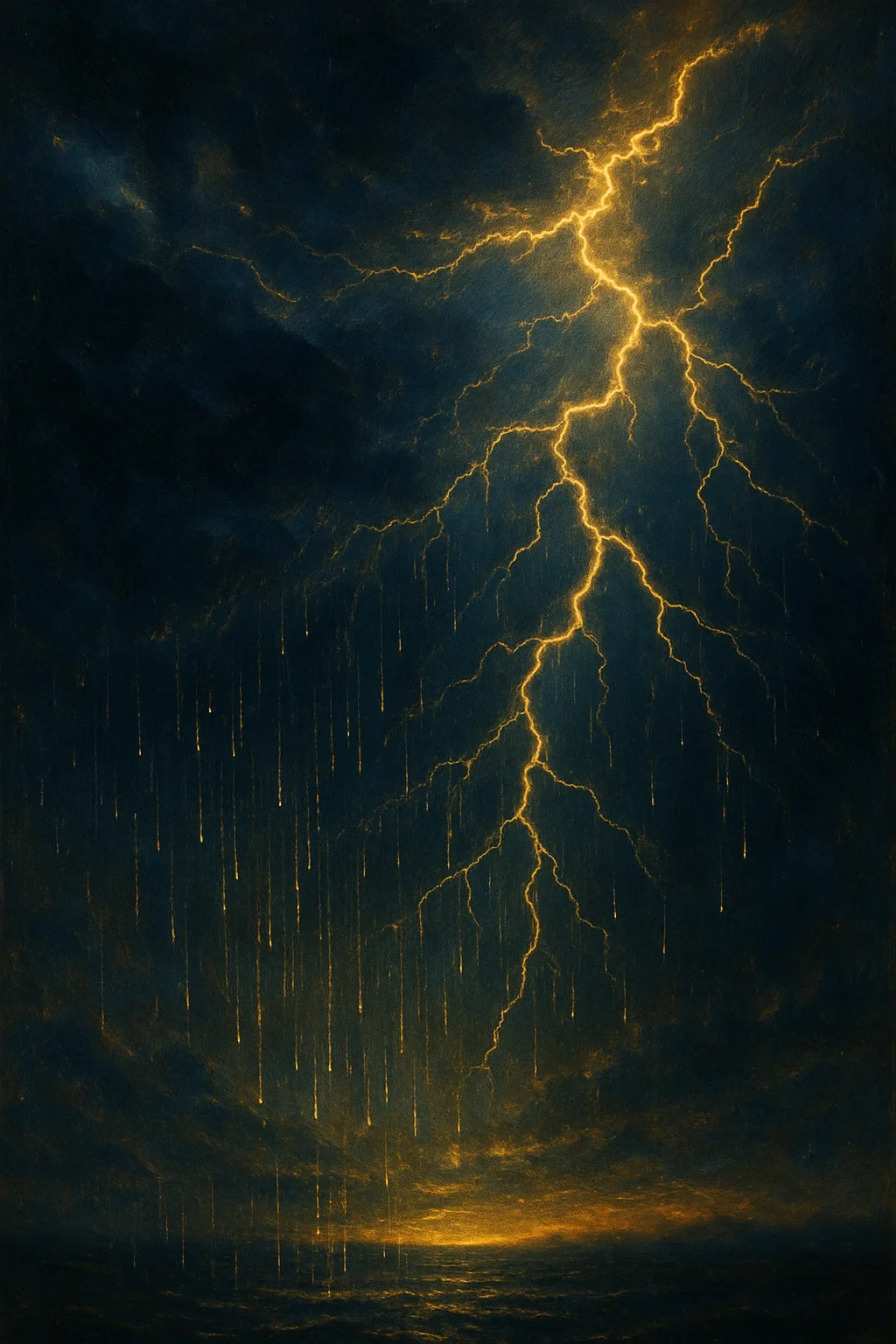Parables: Stories of Light
Each parable a lantern for the soul
The parables are living stories — simple on the surface, yet carrying depths of truth. Each one rises like a lantern from the pool: some born of personal shadows, some from collective grief, others from dawn’s eternal promise.
They are not meant only to be read, but to be entered. Let the story speak to you as if it were your own. Let it reflect your hidden places, your longings, your healing.
Here, new parables will appear as they are given — offerings of shadow and light, flame and dawn, sorrow and joy. You are welcome to return often, to sit with each story as with a companion.





